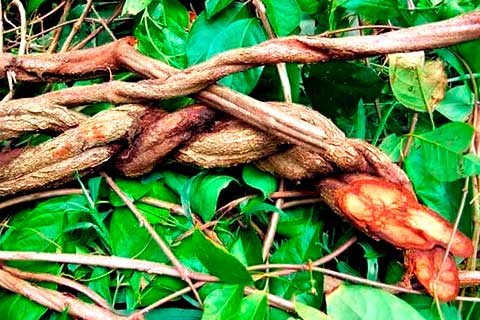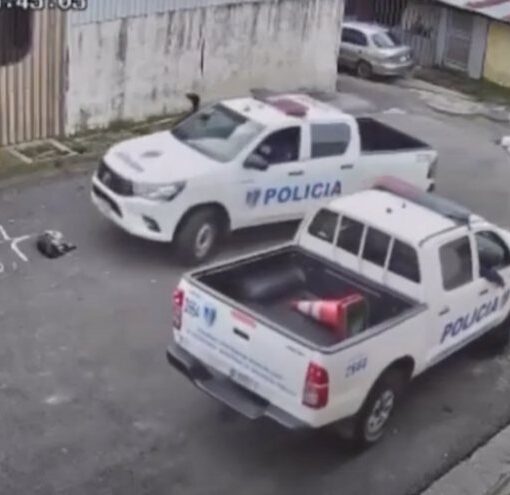The recent eruptive activity of Poás, a volcano located in Costa Rica, has generated concern among authorities and nearby populations.Emitting a combination of ash, gases and steam, this phase of activity has continued since March 29, impacting communities such as Sarchí, Grecia and Zarcero, reports the Volcanological and Seismological Observatory of Costa Rica (Ovsicori).
In response to this situation, the National Commission for Risk Prevention and Emergency Response (CNE) has activated a green alert in the cantons most affected by the dispersion of ash.
Cantons under alert
The cantons under this alert include:Alajuela, Poás, Grecia, Sarchí, Zarcero and Naranjo, chosen due to their proximity to the volcano and reports of ash fall and sulfur smell, especially prevalent west of the crater.
The decrease in rainfall and the disappearance of a crater lagoon, combined with strong winds and low humidity, have exacerbated the release of volcanic materials into the air, affecting more distant communities, explains the CNE.
These unique conditions have transformed the dynamics of volcanic activity, leading to preventive measures and specific recommendations for residents and emergency committees of the affected cantons.
Monitoring risks
To mitigate the risks, the CNE urges the emergency committees to monitor the fall of ash and gases, remaining alert to the most vulnerable sectors.The general population is advised to avoid unnecessary exposure to these materials, protect themselves appropriately if it is necessary to go out, seal homes to minimize the entry of ash, moisten ashes to prevent dust from rising, take care of electronic devices and stay informed through from reliable sources.
This episode highlights the importance of vigilance and preparation in the face of volcanic activity, reminding us of the challenges that can arise when living with these impressive but unpredictable natural phenomena.

For those who have experienced shifts in consciousness and know that more peace, joy, and love awaits in a better living environment. A bold shared vision. A living community and hub for innovation. A sustainable ecosystem for living and working. A model for the new future.
Source link
TCRN STAFF



